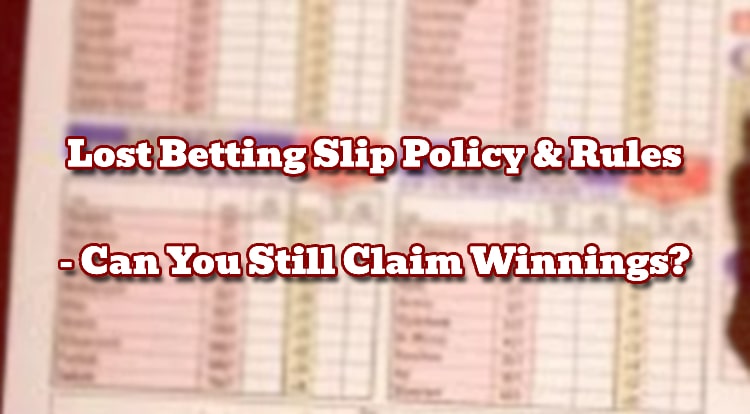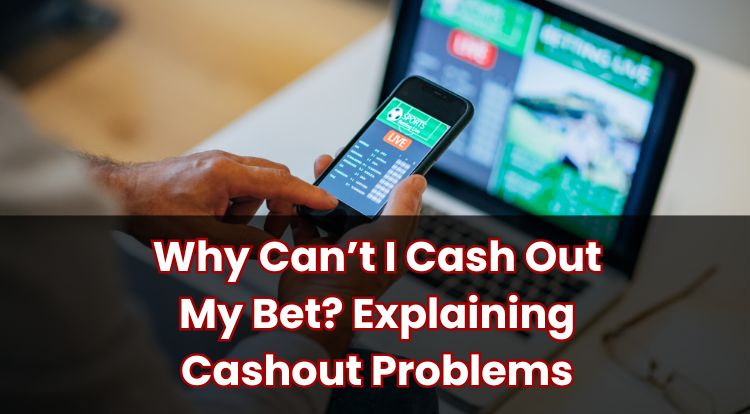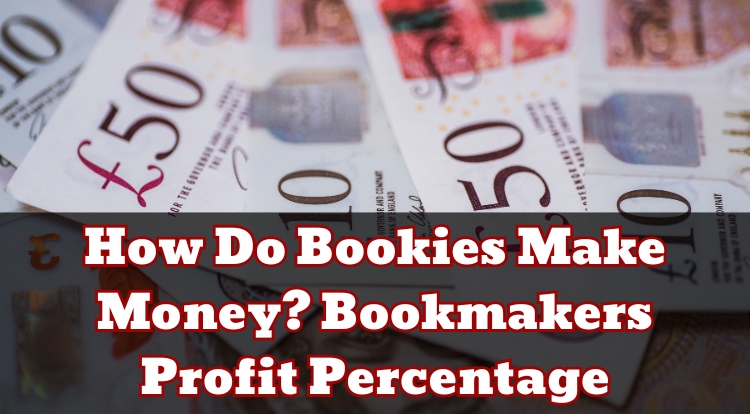Limits on Bookies Cash Payouts – What to Expect
If you’ve ever had a bet come in, whether in a shop or online, you might wonder how much a bookmaker can actually pay out. It’s not as simple as handing over your slip and walking away with the full amount. Every bookmaker has payout limits, and these can depend on what sport you bet on, how much you staked, and whether you placed the bet online or in person.
This blog explains how maximum payouts work, what happens if your potential winnings are higher than expected, and how different bookmakers usually handle large payments. It’s written for beginners, so even if you’ve never placed a bet before, you’ll be able to follow along. We’ll also look at what could delay a possible payout and why it may not always be paid out in one go.
Understanding the Maximum Cash Payout Rules
A maximum payout is the highest amount a bookmaker will pay for a single winning bet. This cap isn’t fixed across all bets. It changes depending on:
- The sport or event you bet on
- The type of bet (for example, singles or accumulators)
- Whether you bet online or at a shop
For example, betting on the Premier League—one of the most popular football leagues in the UK—might give you access to a maximum payout of up to £1 million at larger firms. But if you bet on a less-followed sport, like darts or greyhound racing, the potential payout cap could be much lower, sometimes £100,000 or less.
Shops often work with different limits compared to online platforms. This is partly due to how much cash they carry. You can usually find a bookmaker’s payout rules in a printed leaflet in shops, or in the betting rules section on their website. It can be worth checking before placing a bet, especially if your bet could return a high amount.
What Happens When Your Win Is Over the Limit?
If your winning bet exceeds the maximum payout set by the bookmaker, the extra amount won’t be paid. Let’s say you placed a football accumulator that returns £250,000, but the cap for that type of bet is £100,000—you’d only receive the £100,000.
An accumulator combines multiple selections into one bet. If all your selections are correct, the odds are multiplied, which can possibly result in a large return from a small stake. While this can be appealing, it’s often where payout limits are more noticeable, due to the high potential winnings.
Bookmakers use these caps to manage financial risk. Each operator sets their own rules, so limits can vary. That’s why it helps to read the terms and conditions or betting rules on the bookmaker’s website before placing bets with high odds or multiple selections.
How Bookies Handle Large Payout Requests
In high street shops, cash availability is limited. A shop might only hold a few thousand pounds in cash at any one time. If you win more than that, you should be offered another payment method. This could include:
- A bank transfer to your nominated account
- A cheque issued by the bookmaker
- Returning later once more cash is available
For example, if your win amounts to £4,000, but the shop can only provide £1,500 immediately, the remaining £2,500 might be processed as a bank transfer.
If you collect larger amounts, staff will usually ask for photo ID and possibly proof of address, especially if the amount is significant, or it’s your first time claiming a high-value prize.
For online bets, larger withdrawals go through internal checks before being paid out. If the withdrawal request is particularly high—often over £10,000—the bookmaker may ask for further verification documents, such as a copy of your passport or a recent utility bill. These checks are part of standard procedures to comply with UK anti-money laundering regulations.
Is It Instant or Will You Have to Wait?
Payout times depend on several factors. In betting shops, any small potential wins may be paid straight away in cash if funds are available. For any larger wins, there could be a delay while arrangements are made for the rest of the payout. It’s not unusual to wait a day or two for the full amount.
Online, most payments are not instant. After requesting a withdrawal, your account and transaction details may be reviewed. Once approved, the payout is sent using the method linked to your account—this could be a bank card, e-wallet, or bank transfer.
Some bookmakers may offer faster payment options, where funds can reach you within hours. Others might take 2 to 5 working days, especially if further checks are needed.
To help avoid any delays later on, it’s important that your account is fully verified before placing any bets. Bookmakers licensed in the UK are required to confirm your identity before you’re allowed to deposit or gamble. You can potentially make the process smoother by:
- Providing accurate personal details when registering
- Completing ID verification as soon as requested
- Uploading any required documents promptly
Large withdrawals may still take longer to process, as extra checks are often carried out for security and to meet anti-money laundering rules.
Can Bookies Refuse To Pay Out Your Winnings?
A bookmaker licensed by the UK Gambling Commission (UKGC) must pay out valid bets according to their own terms. But there are some situations where a payout may be delayed, withheld, or reduced. These may include:
- Incorrect or incomplete account information
- Failure to verify your identity
- Evidence of suspicious activity, such as placing bets under someone else’s name or account
Sometimes, payouts may be affected by what’s called a palpable error. This means the odds offered were clearly incorrect, usually due to a mistake or technical issue.
For example, if odds were meant to be 1/10 but were mistakenly listed as 10/1, the bookmaker might not pay out the full amount. In these cases, the operator’s terms and conditions should explain how the situation would be handled.
If your payout is refused and you believe the decision is unfair, you have the right to raise a complaint with the bookmaker. If you’re still unhappy with the response, you can refer the dispute to an Alternative Dispute Resolution (ADR) provider, such as IBAS (Independent Betting Adjudication Service). This is a free service that helps settle disputes between gambling businesses and customers.
It’s also worth remembering that sports betting involves chance. Even with research or strategy, results can’t be predicted with certainty. There is no system that guarantees any winnings, and outcomes can widely differ.
If you choose to place bets, consider setting personal spending limits. Avoid chasing losses and take regular breaks. Most licensed bookmakers offer tools to help you manage your activity. For free, confidential advice and support, visit BeGambleAware.org or call 0808 8020 133.
*All values (Bet Levels, Maximum Wins etc.) mentioned in relation to these games are subject to change at any time. Game features mentioned may not be available in some jurisdictions.
**The information provided in this blog is intended for educational purposes and should not be construed as betting advice or a guarantee of success. Always gamble responsibly.




